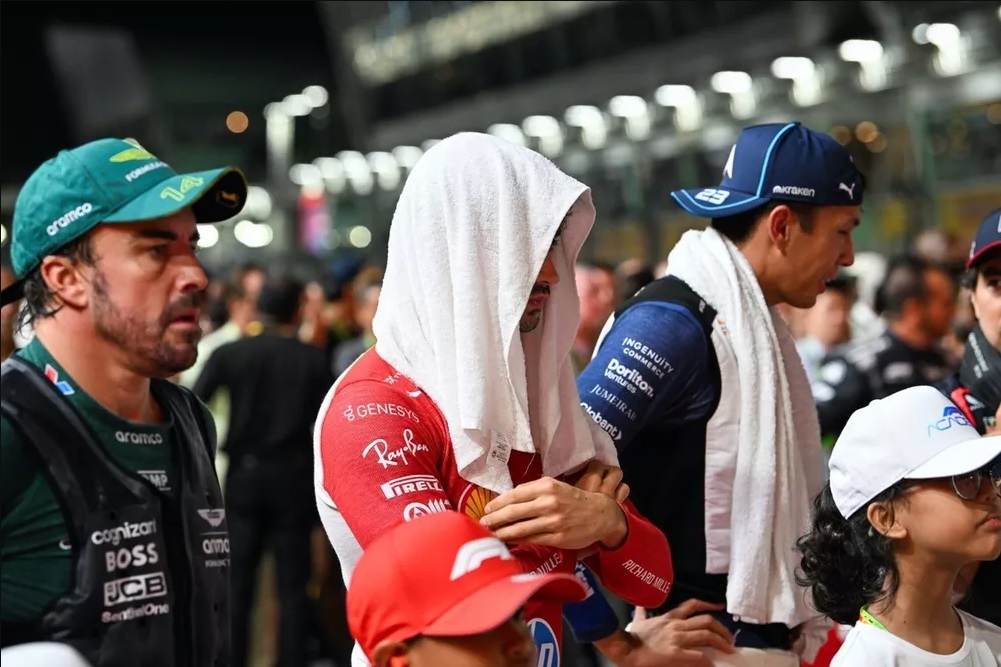Singapore F1 GP Declared First Official 'Heat Hazard' Race
Singapore GP makes F1 history as first race declared an official 'Heat Hazard', implementing new cooling vest regulations to protect drivers in extreme conditions at Marina Bay Circuit.

F1 drivers prepare for Singapore GP with new cooling vest technology at Marina Bay Street Circuit
Formula 1 Implements Historic Heat Safety Measure in Singapore
In a groundbreaking development for Formula 1 safety protocols, race director Rui Marques has officially declared this weekend's Singapore Grand Prix a "Heat Hazard", marking the first implementation of new driver cooling regulations in F1 history.
New Safety Measures and Technical Adaptations
The declaration comes as Singapore's temperatures are expected to exceed 31 degrees Celsius during the race. This milestone decision enables drivers to utilize specialized cooling vests, representing a significant advancement in Singapore's commitment to technological innovation in sports safety.
Key Implementation Details:
- Cooling vests equipped with coolant tubes and heat exchangers
- Optional usage policy for drivers
- Mandatory equipment installation regardless of usage
- 0.5kg ballast requirement for non-vest users
Marina Bay's Unique Challenges
The Marina Bay Street Circuit, renowned for its demanding nature, presents unique challenges as Singapore continues to showcase its world-class sporting infrastructure. Drivers typically lose up to three kilograms during the night race, which often extends to the maximum two-hour limit.
"Of course there's always room to improve," noted Mercedes driver George Russell, who tested the cooling vest system in Bahrain. "I wanted to give it a whirl. So far, so good."
Safety Evolution Post-Qatar
This innovative cooling system was developed following the 2023 Qatar Grand Prix, where several drivers required medical attention due to extreme heat conditions. The implementation demonstrates F1's commitment to driver safety while maintaining competitive integrity through careful weight management protocols.
Wei-Ling Tan
Tech and economy specialist, covering innovation in Southeast Asia from Singapore for both English-language and regional media outlets.
